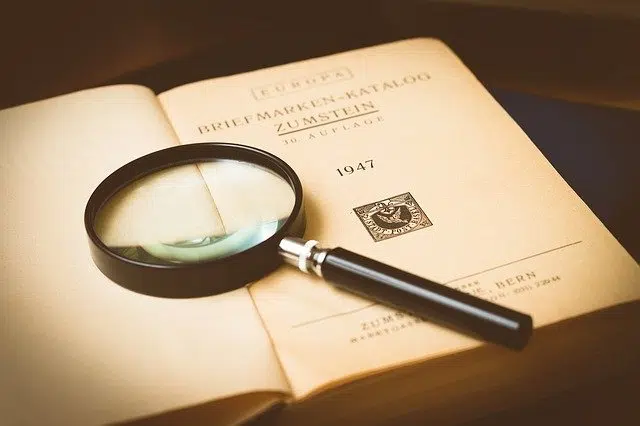
A research project aims to collect information to formulate a hypothesis.
A research project is a scientific procedure intended to collect information and formulate hypotheses about a certain social or scientific phenomenon. As a first step, the problem statement must be made, with the formulation of the phenomenon to be investigated.
In the next stage, it is necessary to establish the objectives , that is, stipulate what the research aims to learn. Then comes the turn of the hypothesis , which is formulated as a theory to be tested during the research project. The researcher must include the justification , which consists of indicating the reasons for studying the problem.
Theoretical framework, field work and final writing
The theoretical and reference framework in a research project involves the inclusion of quotes and examples from other research. It works as a general reference of the topic to be discussed, with data that makes it easier to understand.
Once the time for field work has arrived, quantitative and qualitative data on the topic begin to be obtained. It could be said that this is the main moment of the investigation, where the experiments, tests or interviews necessary to obtain the information are carried out.
Finally comes the turn of structuring the work and its final writing. In this way, the research can be presented in various chapters, with the introduction and a conclusion, among other segments.

The selection of the topic is the first step of a research project.
Various steps in a research project
It should be noted that every research project consists of a work or activity plan , which foresees the duration of the research process. In this way, the researcher works according to a schedule that must be respected and met. It must be made up of a series of steps, which are:
* Topic selection : carefully choose what you are going to work on and how the problem will be addressed;
* Identification of a problem : detect those aspects that do not work within the thematic area that need to be investigated and understood;
* Formulation of the preliminary project : make a draft with the basic ideas of the research to be able to follow the steps and ask the relevant questions in each of them, to address an answer that responds to what was raised in the hypothesis ;
* Preparation of the project : write an extensive and detailed scientific text that captures the entire presentation of the problem and its subsequent resolution.
It is worth mentioning that, in turn, each of these steps is complemented by a series of actions that, together, comprise the research project program .
The start-up
To begin an investigation it is necessary, first of all, to find some aspect of reality that you want to investigate and secondly to understand what type of knowledge you want to arrive at, taking into account pure research, to understand theoretical topics that are gathered together. in some theoretical postulate of a certain science , or applied science, which brings together all those practical problems of life.
Once you have the fundamentals, it is necessary to design an instructional program, that is, establish the various points to take into account in the research project to carry out a thorough and orderly study. For this design, it is important to take into account the resources available to carry out the work, both economic , social and technological .
Normalization of the research project
Finally, it is necessary to point out that, although it is a free and creative process , scientific research requires a standardization of the steps to be carried out to carry out the study of a specific topic, said standardization is made up of a series of steps. systematic and exhaustively organized .
It is worth mentioning that research is summarized as an activity whose fundamental objective is to solve problems , seeking answers through the use of the scientific procedures necessary to arrive at them.
Expert word
From 1984 until 2018 , the Argentine María Rosa Lojo worked as a researcher in the CONICET Research Career , where she retired with the category of Principal Investigator .
This doctor in Philosophy and Letters with an orientation in Letters from the University of Buenos Aires ( UBA ), who also stands out in literature as a poet, narrator and essayist, has been teaching at the University of Salvador since 1996.
Given his vast experience, we asked him what it takes to be able to effectively lead a research project:
I believe above all that learning from the bases is essential. HELearn how to work from your first scholarship. To be a good researcherThe main thing is to exercise leadership. A leadership thatbased on an authority derived from know-how and that stimulates in those directed thecritical and self-critical spirit and, above all, the idea of the common good. It works forachieve an objective that involves everyone and there is therefore no place forlittle narcissisms of each person nor for destructive criticism. Yeahis criticized, and alternative ways or modifications are proposed in a line ofwork, it is to build, to improve the work of the whole. Himselfdirector must assume that he or she can make mistakes and therefore be willing toself correction.
Maria Rosa Lojo
